Thinking of having a second baby? Here’s your handy checklist
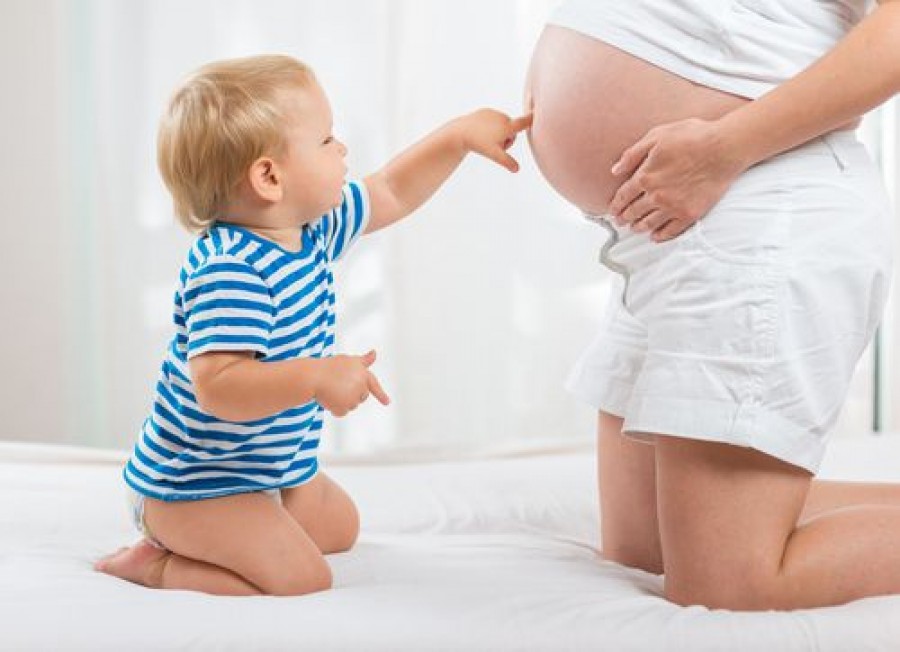
You’ve recently started your family, with a little angel nestled safely in your arms.
The memories of your first pregnancy might still be fresh in your mind – those sleeplessly endless nights, painful contractions, never-ending labour, feeling bloated as your body went through countless changes, all kinds of weird and wonderful new smells and liquids (is this vomit, poop or chocolate?).
And yet despite it all, you might be thinking about going through it all over again.
Although every person has several reasons behind growing their families, it’s important to take a step back and review the situation from a logical point, before going at it for that second baby.
To help you figure out whether you’re ready for another child, we’ve pulled together a checklist for you to go through – so you can plan your next steps.
#1 Considering the needs of your first baby
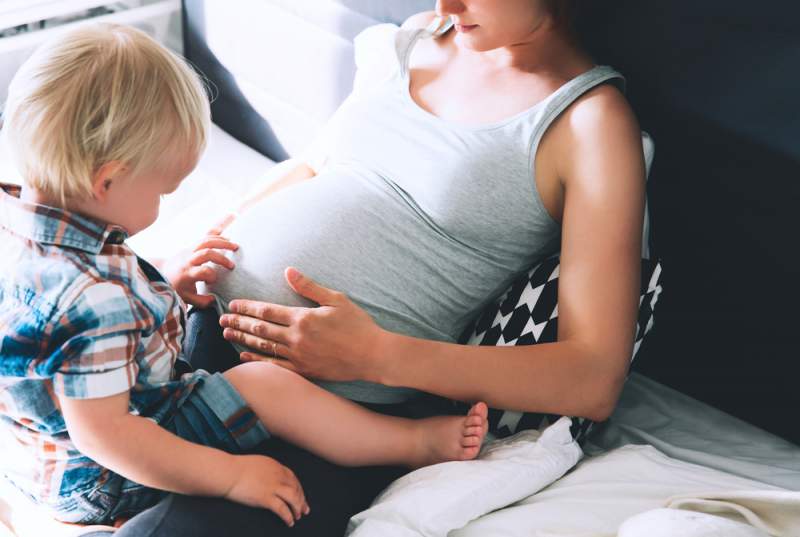
Before trying for your second pregnancy, don’t forget your first child.
What are their needs and wants? Taking care of them should be at the top of your priority list. Do you have the capacity to take care of your child already? Are you meeting needs of your baby well? Is your baby ready to accept anew sibling?
Most importantly,take into consideration what will happen once baby number two arrives: will you and your partner be able to balance taking care of both children easily?
Many parents find that it’s best to wait until the first child is weaned, walking and talking, as they’re more mobile and able to fend for themselves; making it much easier for you to tend to a newborn.
#2 Health check
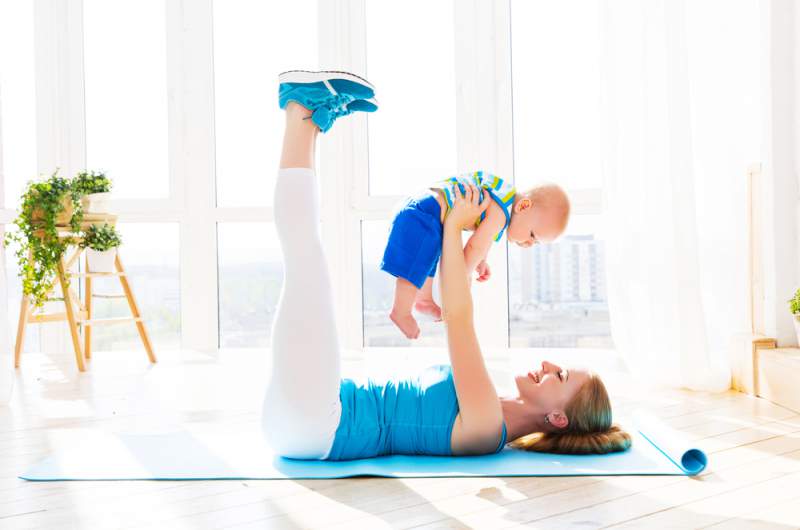
Pregnancy and labour involves lots of physical exertion and drastic changes to your body.
Once you’ve been through it, you understand how much energy it requires, and what problems and health issues may arise. Your doctor may suggest that you take care of certain health concerns before you begin planning for your next pregnancy.
One such issue may be the development of gestational diabetes during the first pregnancy; women with this are recommended to check for diabetes before trying for another pregnancy, as it can cause complications.
Similarly, some women get high blood pressure during labour, a condition that needs to be monitored before having a second child.
It’s suggested by scientific studies, as well as by health practitioners, to wait at least 18 to 23 months before trying for another baby – that’s how much time your body needs to recover from all the fluctuation and damage caused by your first pregnancy.
Babies who are conceived within shorter periods of time may result in premature birth, or have complications.
#3 Wallet check
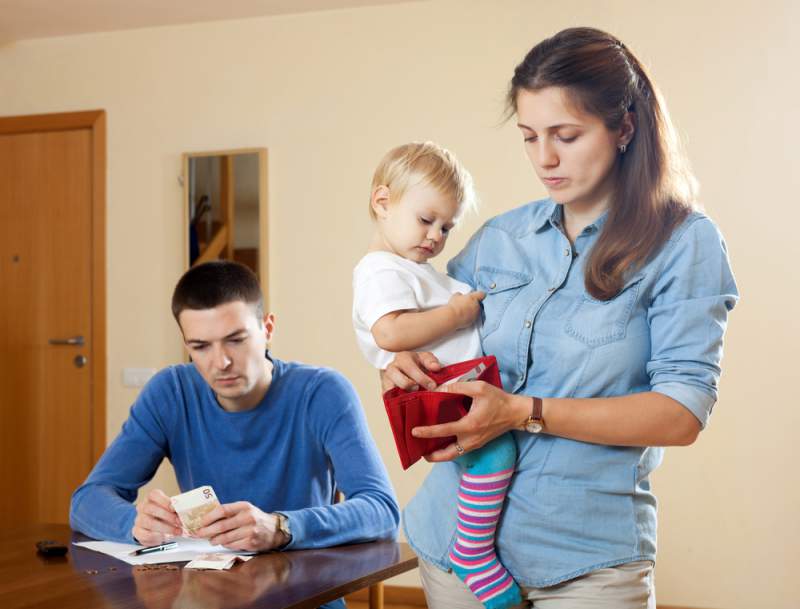
A second child, on the surface, may seem to be a little cheaper than the first, as you can always reuse a lot of the stuff you already have – like the cot, clothes, bottles, all the gifts you never unpacked but always kept for a later day.
It’s simple economies of scale.
And yet despite all the hand-me-downs from your first child, there are so many more expenditures that will double once your second child arrives.
Food, doctors’ bills, nappies, and eventually, daycare, schools and uniforms – the list is endless.
Reviewing your finances carefully with your partner is essential when planning for your second child, to make sure that you’re in a position to provide for them. Do you have enough maternity leave to cover a second pregnancy? If not, you’ll be dipping into your savings to cover your time off, and you’ll need this money to take care for both your babies until you start working again.
#4 Relationship check
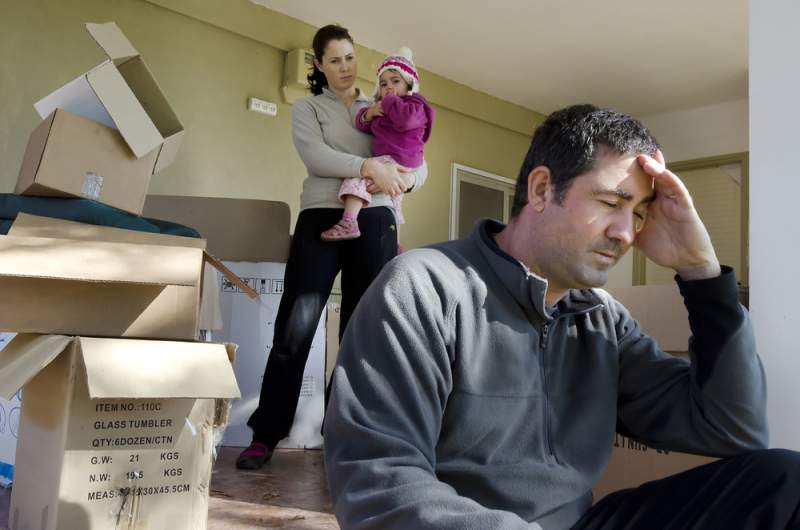
Your responsibilities are definitely going to increase with your second baby. You will need a lot of support from your family,especially your partner, to plan for the next pregnancy.
You need to make sure it’s a mutual decision between both you and your partner – it’s unfair on either party if one person doesn’t want a child, and the other does, or vice versa.
It’s also important to closely watch how your partner is with your first child, as you’ll need to rely on their support during your pregnancy; you won’t be able to take on as much of the caring duties while pregnant, and so you’ll need them to be behind you, every step of the way.
A healthy relationship between parents is necessary for the proper development of children.
If you think there are some unresolved issues between you and your partner, then it’s probably best you try to work on resolving them before trying for another baby.
These unresolved issues can become part of a bigger problem for you when there are two babies under your care, as the added stress adds pressure to both of you.
You must both agree to all the necessary arrangements that you think are best for managing your first baby, your health and your house while you’re going through this process.
It’s an excellent idea talk through the planning stages of pregnancy well before you actually go through with trying, so that you don’t have the added pressure while you’re actually pregnant; as well all know, stress is terrible for pregnancy.
And never forget, you were in a relationship before you were parents. Sometimes, it’s not a terrible thing to take some time out and completely reconnect. Get a babysitter, and have some romantic time together, completely baby-free.
Helpful Tips(s)
Consult with your doctor and discuss your intentions of having another baby. This will help you decide whether you’re ready or not.
Ensure that you also have a complete health check before trying for a pregnancy.
If it wasn’t a focus the first time, try to search for the good health practitioner, as well as a good hospital for your second pregnancy.
A health insurance policy will provide you with greater options for private hospitals and specialists. There are some health insurance funds whose policies are specifically focused on families looking to start or grow their families.
Look for a trustworthy babysitter in case you may need them to casually step in to care for you first child during this period.
Draw up a list of areas you feel you could improve upon after your first pregnancy; this is a great chance for you to try something new or different, especially since you’ve experienced this once before.


